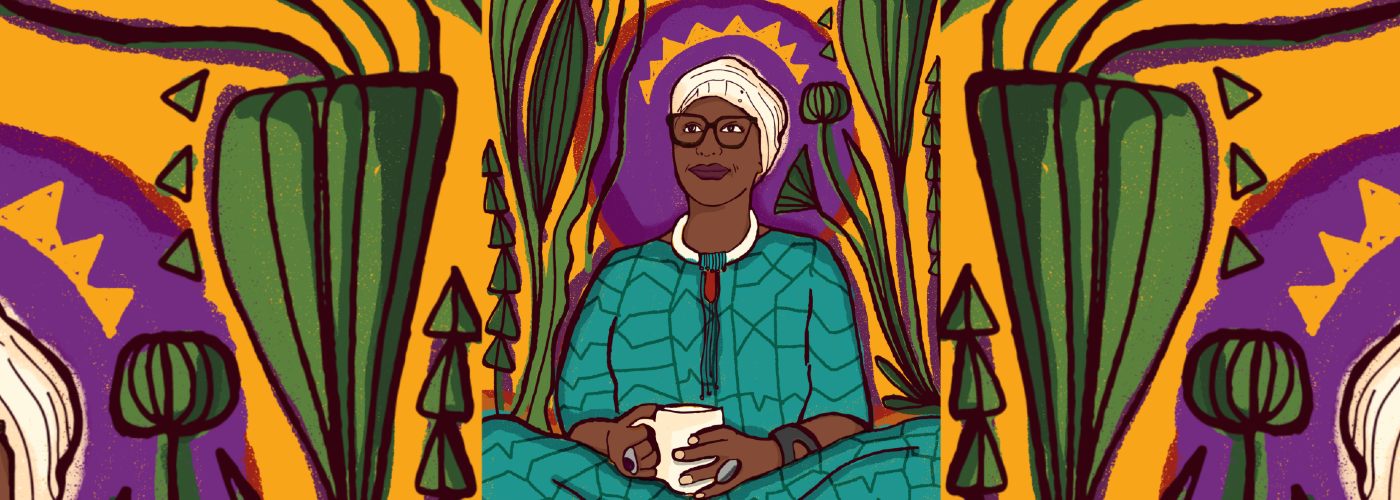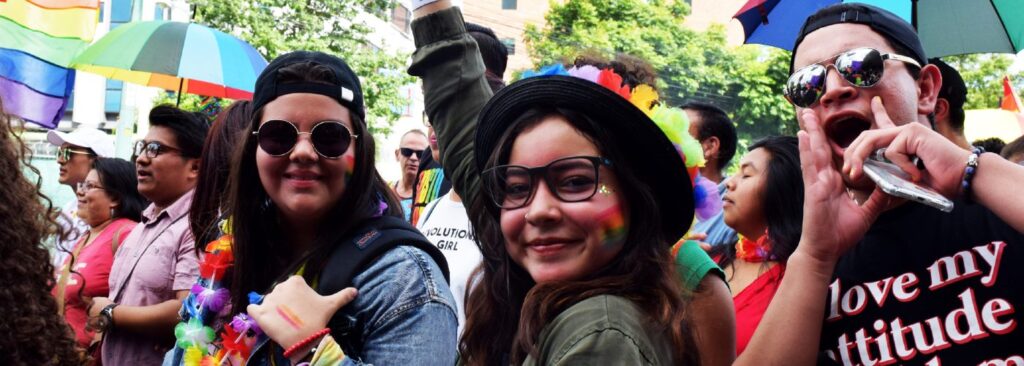Saida Ali is a mother, feminist and Atlantic Fellow. She works for equality and gender justice by advocating for the recognition of underrepresented voices in the human rights movement.
She began her journey in the development sector as an intern at the Kenya Human Rights Commission, then held various positions at human rights organizations such as FIDA Kenya and COVAW. Saida is now the Global Manager of Hivos’ Free to be Me Program.
Saida accredits her journey in feminism to her mother, who from early on instilled feminist values in her and pushed her to stay true to herself as a woman and live to her fullest potential. Her first face offs with patriarchy were when her mother prevented her from being circumcised at the age of 10 and when she rejected a marriage proposal in her teens.
The invisible feminist should also be celebrated.
Tell us about your journey in the development space
Saida: My introduction to feminist lobbying and advocacy began in university when as a student leader I first saw a fellow student being sexually harassed. I realized that sexual harassment is an injustice that has become normalized within a society that refuses to recognize it as such. This fueled my resolve to tackle inequality through feminism, to create spaces for the most marginalized and excluded voices, and empower them socially, economically and politically.
What do you love about Women’s History Month?
Saida: What I love about Women’s History Month is the opportunity it affords us to recognize invisible giants. These are women silently doing invaluable work as paid or unpaid care givers. Their contributions to society are often taken for granted, but they soldier on. I salute our mothers, aunties, grandmas and women in the service industry.
What does the phrase: #BreakTheBias mean to you?
Saida: Break the bias means: What do we need to disrupt? Let me give you two examples. We need to challenge what the term “access” means and how it’s misunderstood as inclusion. Another one in the development space right now is how gender has become a politicized term.
Do you think it’s Uhuru (freedom) yet for women when it comes to equality?
Saida: Freedom is still an elusive term for women. Patriarchy remains firmly entrenched and occupies your most personal spaces. And that’s why we still continue to face injustices like sexual and gender-based violence.
How does your current role at Hivos help you mobilize and influence other women?
Saida: My work is based on Hivos’ convening power that disrupts the development space by making more room for underrepresented voices in the LGBTI+ rights movement. We give them funding and platforms where they can state their position and advocate for their rights.
Who inspires you?
Saida: People who have challenged resistance to gender expression. I see them as queens in their own ways. They move forward by pushing back … against a heteronormative society.
Stories of resistance also inspire me.
What do you want to be known for?
Saida: I want to be known as a disruptor who created beautiful trouble.






